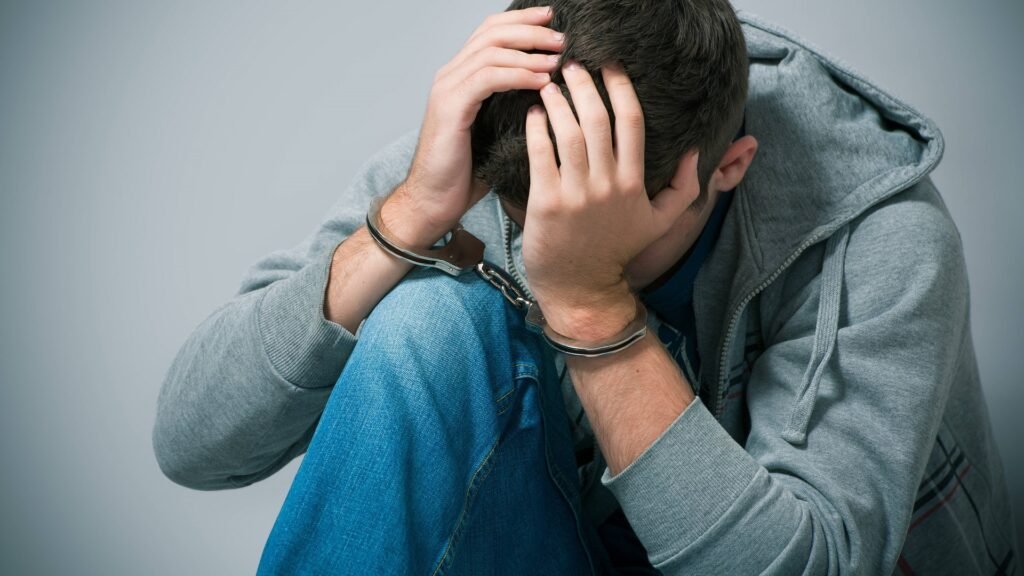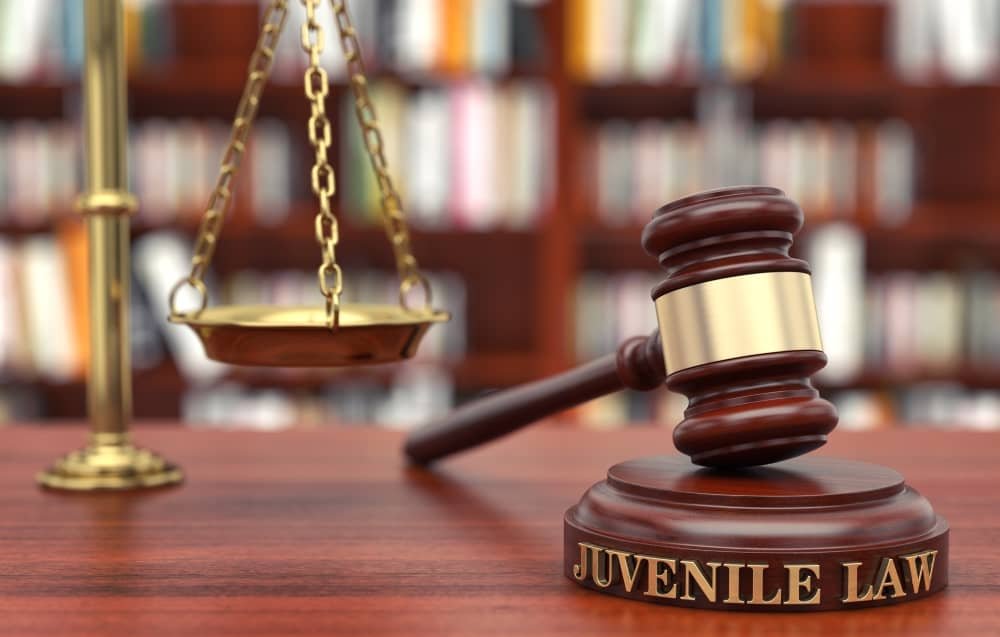When a young person is accused of a crime in Florida, the experience can be overwhelming, not just for the child but for the entire family. The juvenile justice system operates differently from the adult system, and those differences are crucial to understand if you’re facing charges as a minor or dealing with the aftermath as a parent or guardian.
This blog explores how juvenile criminal cases are handled in Florida, what rights minors have, what the legal process looks like, and how defense attorneys play a vital role in protecting the future of a young person caught in the justice system.

Experienced Criminal Defense Lawyer
🏢 130 S Indian River Dr, Suite 202, Office 218, Fort Pierce, FL 34950
📞 (772) 828-1143
📧 info@jordizaragoza.com
What Is Considered a Juvenile Crime in Florida?
In Florida, anyone under the age of 18 is generally considered a juvenile. Crimes committed by minors can include everything from minor infractions like truancy or shoplifting to serious offenses such as assault, drug possession, or theft.
The most common juvenile charges in Florida include:
- Vandalism
- Underage drinking
- Drug possession
- Battery or fighting
- Trespassing
- Theft or shoplifting
- Weapons possession
- Disorderly conduct
Juvenile cases are typically handled in juvenile court, which emphasizes rehabilitation over punishment. However, not all cases stay in juvenile court; some minors may be charged as adults, depending on the severity of the crime and their age.
When Can a Juvenile Be Charged as an Adult in Florida?
Florida law gives prosecutors broad discretion when deciding whether to transfer a juvenile case to adult court. Known as “direct file,” this process allows a teen as young as 14 to be tried as an adult in certain felony cases, including:
- Armed robbery
- Sexual battery
- Aggravated assault or battery
- Homicide
- Burglary with a weapon
The decision to charge a juvenile as an adult can have life-altering consequences. Adult charges mean harsher penalties, a permanent criminal record, and time in adult prison rather than a juvenile facility.
This is why early intervention by a criminal defense attorney is essential before a case moves into adult court; there may be opportunities to push for retention in the juvenile system.
How the Juvenile Justice Process Works in Florida
The juvenile court process is different from the adult system in many key ways. Here’s a general breakdown of how it works in Florida:
1. Arrest or Citation
A juvenile can be arrested or issued a civil citation, depending on the nature of the offense and the discretion of law enforcement.
2. Intake
After arrest, the juvenile is processed by the Department of Juvenile Justice (DJJ). A probation officer will assess the child’s background and risk level to recommend a course of action.
3. Detention Hearing
If the minor is held in custody, a detention hearing must occur within 24 hours. The court will decide if the child can go home or must stay in a juvenile detention center.
4. Arraignment
At this hearing, the juvenile is formally informed of the charges. A plea of guilty, not guilty, or no contest is entered.
5. Adjudicatory Hearing
This is similar to a trial. A judge, not a jury, hears the evidence and decides if the juvenile committed the offense.
6. Disposition
If found guilty (adjudicated delinquent), the judge will determine the consequences. These may include probation, counseling, community service, or placement in a juvenile residential facility.
Key Differences Between Juvenile and Adult Criminal Systems
| Feature | Juvenile System | Adult System |
| Goal | Rehabilitation | Punishment |
| Proceedings | Private and informal | Public and formal |
| Sentencing | Community service, therapy | Jail, prison, fines |
| Records | Often sealed or expunged | Permanent unless expunged |
| Legal Representation Required | Yes | Yes |
While the juvenile system is designed to give young people a second chance, the outcome of a case still carries real consequences. Criminal records can affect education, college admissions, employment, and more.
The Role of a Juvenile Defense Attorney
A juvenile defense lawyer’s job is not just to defend against the charges, but to protect the long-term interests of the child. That includes:
- Challenging unlawful arrests or evidence
- Pushing for rehabilitation-focused outcomes
- Negotiating plea deals or diversion programs
- Preventing the case from moving to adult court
- Seeking expungement of juvenile records where possible
- Advising families about their rights and responsibilities
Juvenile law also requires a nuanced understanding of child psychology, education law, and family dynamics. A good defense isn’t just about winning the case it’s about minimizing harm and allowing the minor to move forward.
What Parents Should Know
As a parent or guardian, your involvement in your child’s defense is critical. You have the right to be informed, attend court proceedings, and consult with the defense attorney. It’s also important to:
- Encourage your child to be honest with their attorney
- Avoid discussing the case with others or on social media
- Help gather school records or counseling information that may aid in building a defense
- Understand the terms of probation or release conditions
Parents can also request that their child be placed in diversion programs, such as community service or counseling, instead of facing formal prosecution.
Can Juvenile Records Be Expunged?
In many cases, yes. Florida allows for expungement or sealing of certain juvenile records under specific conditions. This means the record will not show up on background checks, which can be incredibly important when applying for jobs, college, or housing.
However, some serious offenses may remain on a person’s record into adulthood. A defense attorney can guide families through the expungement process after the case is resolved.
Juvenile Justice in Fort Pierce: Know Your Local Resources
If your child has been charged with a crime in Fort Pierce, St. Lucie County, or surrounding areas, you don’t have to navigate the system alone. Juvenile defense is a specialized area of law that requires careful handling, and the earlier you act, the more options may be available.

CONTACT TODAY
🏢 130 S Indian River Dr, Suite 202, Office 218, Fort Pierce, FL 34950
📞 (772) 828-1143
📧 info@jordizaragoza.com
Whether your child is facing misdemeanor charges or a more serious offense, seeking legal guidance can help ensure their rights are protected and their future remains intact.
A Second Chance Starts Here
Juvenile offenses don’t have to define a young person’s future. The justice system recognizes that children make mistakes, but it’s up to parents, attorneys, and the courts to make sure those mistakes don’t lead to lifelong consequences. With the right support, education, and representation, teens can move forward with a clean slate.
If your child is facing charges, don’t wait. Learn your options, understand the process, and take the steps needed to protect your family’s future
